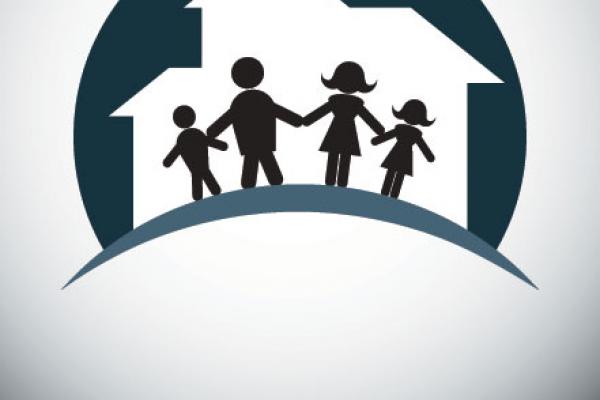Until recently, I had always been in the majority. I am Caucasian, middle-class, healthy, and always did well in school. I had never had a personal label others would speak carefully about so as not to offend me. I had never been hurt by words people tossed around ignorantly to describe me. When taught appropriate ways to refer to a racial or ethnic group, I did not exactly understand why some words were preferable over others. Still, because I generally did as I was told, I followed the social rules. It certainly did not make much difference to me. In my preparation to become a teacher, learning “person-first” language (such as, “a child with a learning disability” rather than, “a learning disabled child”) was easy enough, even if I could not identify with the reason behind it.
I still cannot pretend to understand what it feels like to be the subject of the examples I described above. However, I have come to a point in life where I am in the minority and the language people choose to use stings and isolates. I am 27, single, and my father has passed away. It seems everywhere I turn in the Christian world — churches, organizations, politicians — I am excluded, because I am not part of a family.
A pastor comments excitedly on the number of new families joining his church. If I joined, would my membership be valuable? Respected Christian leaders urge us to support “family values.” Are values really tied to family units, or can I have values, too? A politician catering to evangelicals declares strong families to be the foundation of our nation. If he even knows I exist, a person without a family, does he even care about my vote? Christian magazines and organizations identify themselves by their emphasis on family. Where do I stand with them? A church bulletin asks me to bring enough food for my family to the church gathering. Am I even invited in the first place?
Beyond my own feelings of isolation, I think of others who do not have the support of a nuclear family. I think of grieving widows, widowers, and people who have lost parents or other loved ones. I think of people of any age who are not married or who do not have children. I think of people who are estranged from their families. I think of people who are divorced or from divorced families. I think of people who are single parents. I think of people who have family, but attend church and other Christian functions on their own.
Family units are absolutely important, as is supporting and having relationships with people in families (there are certainly times when families feel isolated and not considered, too!). However, everyone needs to be considered, and everyone needs supportive relationships. Being in a family is far from a defining characteristic of Christianity, and we need to think about how we exclude people when we use language that assumes everyone has a family. It was Jesus who turned our idea of family around when, told his biological family was waiting outside to speak to him, replied, “Who is my mother, and who are my brothers? ... whoever does the will of my Father in heaven is my brother and sister and mother” (Matthew 12: 46-50). Earthly categories were not so important as far as his definition of family was concerned.
I mentioned earlier that I and others like me are not part of a family. That is not completely true. We are part of a family; it is just not the nuclear, immediate family with which we usually associate with the word. Like the people of Ephesus, to whom Paul wrote, we are “no longer strangers and aliens,” but “fellow citizens with the saints and members of the household of God” (Ephesians 2: 11-22). That is the kind of family I love to be part of: one of which we can all feel a part. For “God has so composed the body, giving greater honor to the part that lacked it, that there may be no division in the body, but that the members may have the same care for one another. If one member suffers, all suffer together; if one member is honored, all rejoice together” (1 Corinthians 12:24-26). As Christ’s body, we need to help each person discover his or her unique role in loving and serving Christ and one another, not automatically include or exclude people based on whether their earthly family fits into the mold of our experience or expectations.
I realize that most people who use family-centered language are not trying to exclude anyone. As I explained in my introduction, when I learned about appropriate ways to refer to certain groups of people, I did not understand why one set of words communicated more graciously than another, either. I am not writing to make anyone feel guilty about ways your choice of words may have inadvertently excluded me and others, but I do want to make you aware. Even if you cannot understand or identify with my reasoning, know that family-centered language feels exclusive to those who do not have an earthly family. I hope that fact alone is enough for you to consider more inclusive ways to speak.
Emily A. Dause is a public school teacher and a freelance writer. Her writing appears in PRISM Magazine(prismmagazine.org), Teaching Children Mathematics, RELEVANTmagazine.com, and her blog,sliversofhope.blogspot.com.
Image: Family silhouette, Ye Liew / Shutterstock.com
Got something to say about what you're reading? We value your feedback!
